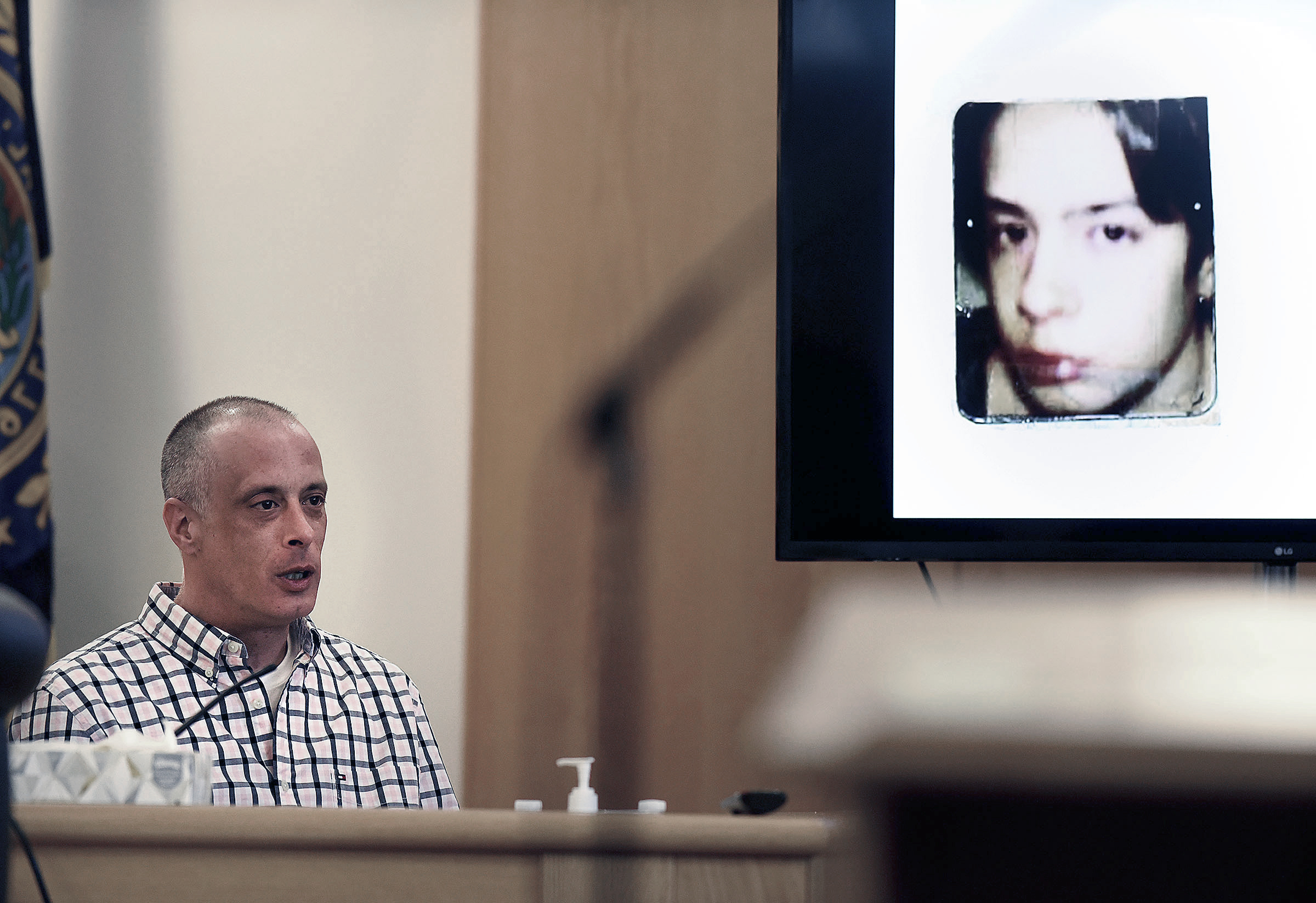
A New Hampshire jury awarded $38 million to the man who blew the lid off abuse allegations at the state's youth detention center Friday, in a landmark case finding the state's negligence allowed him to be beaten, raped and held in solitary confinement as a teen.
The state said the award will be reduced to $475,000 under its law that caps damages.
David Meehan went to police in 2017 and sued the state three years later. Since then, 11 former state workers have been arrested and more than 1,100 other former residents of the Youth Development Center in Manchester have filed lawsuits alleging physical, sexual and emotional abuse spanning six decades.
Jurors in Meehan's case were instructed that if they believed the state was liable for Meehan's injuries, they should come up with a figure that represented “full, fair and adequate” compensation. They awarded $18 million in compensatory damages and $20 million in “enhanced” damages, the latter of which can be added if a defendant acted with reckless indifference or abused its power. But they also said Meehan had proven only one “incident” or episode in which he was injured without being aware that New Hampshire's law allows claimants against the state to recover a maximum of $475,000 per reported incident.
“The jury did find in favor of Mr. Meehan for $38 million but they found only one incident of negligence against the Department of Health and Human Services,” said Assistant Attorney General Brandon Chase. “Under state law Mr. Meehan has a judgement in his favor of $475,000.”
But one of Meehan's attorneys, Rus Rilee, said the issue will be settled by the state Supreme Court on appeal.
“There appears to be some confusion on the jury verdict form but we'll take care of that in Concord,” he said. “The jury award is $38 million.”
Meehan's case was the first to go to trial, and the outcome could affect the criminal cases, the remaining lawsuits, and a separate settlement fund the state created as an alternative to litigation.
Over the course of the four-week trial, the state argued it was not liable for the conduct of “rogue” employees and that Meehan waited too long to sue. The defense also tried to undermine his credibility and said his case relied on “conjecture and speculation with a lot of inuendo mixed in.”
“Conspiracy theories are not a substitute for actual evidence,” attorney Martha Gaythwaite said in her closing statement Thursday.
Meehan's attorneys accused the state of encouraging a culture of abuse marked by pervasive brutality, corruption and a code of silence.
“They still don’t get it,” David Vicinanzo said in his closing statement. “They don’t understand the power they had, they don’t understand how they abused their power and they don’t care."



